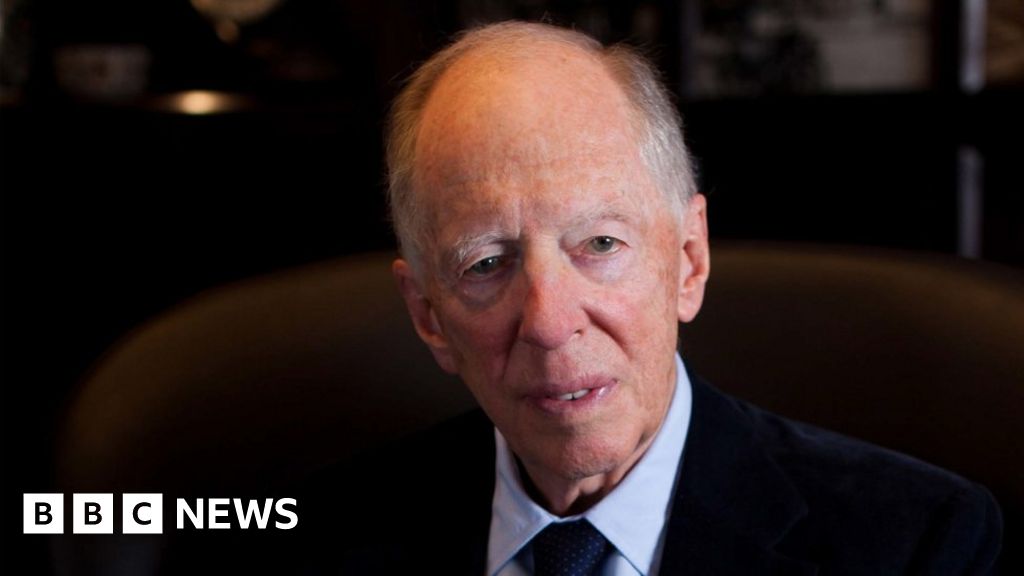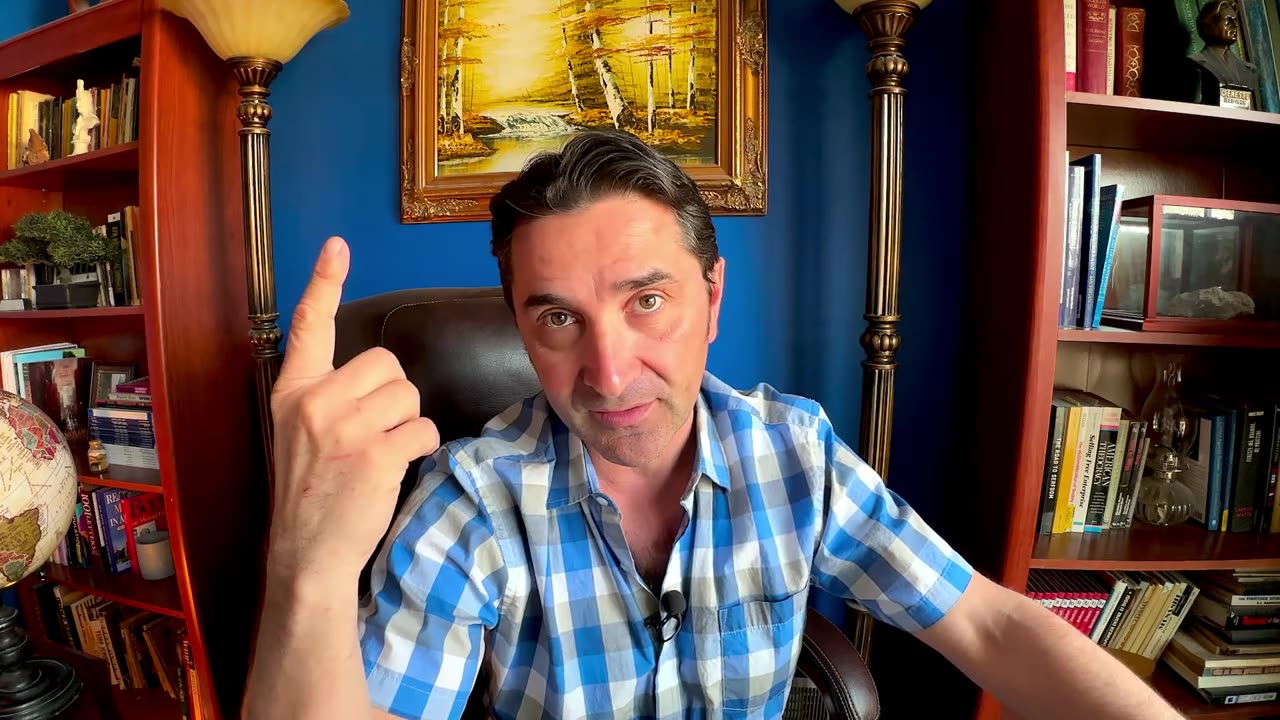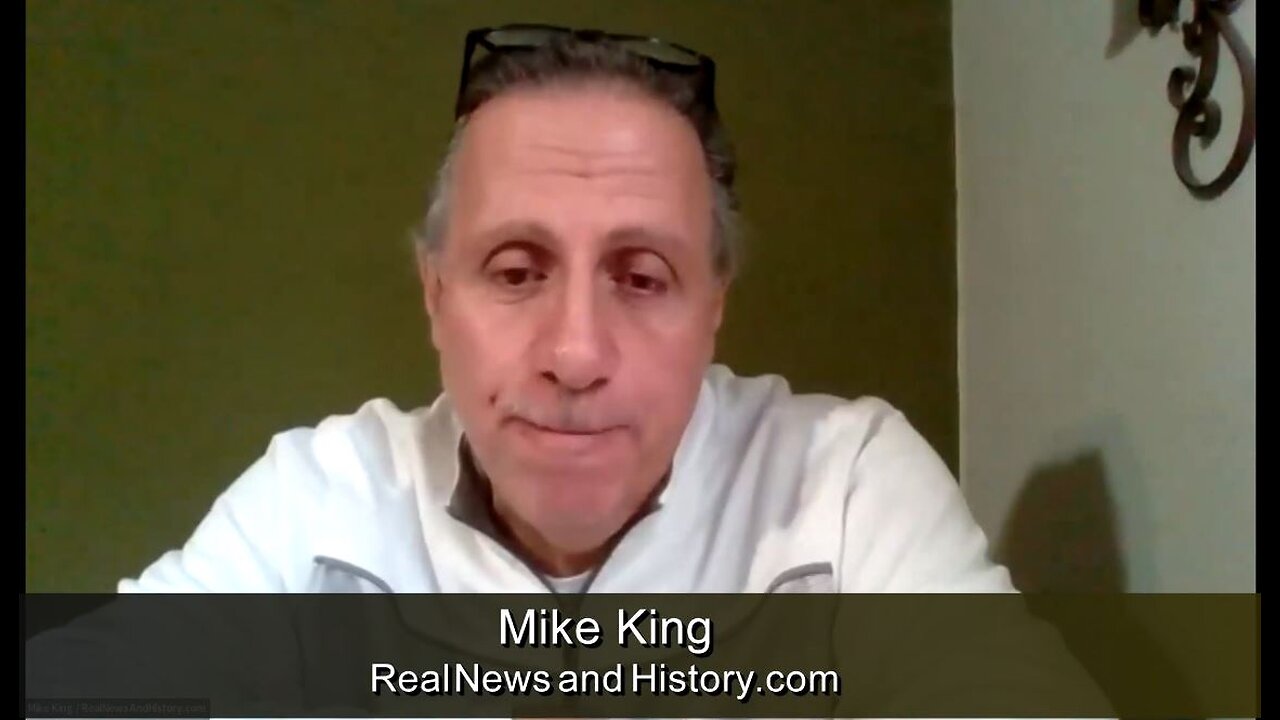The patent discusses an application (piece of software) which can scan an individual's biometric data and send it to digital destinations, via an ordinary cellphone, as opposed to separate, dedicated devices. An alternate version of the app is for PCs, to consolidate the running of video/audio programs with the programs for recording, displaying and sending the biometric data. (I guess a lot of PCs are too clunky to run these programs concurrently?) As the patent itself states, many people already do this, via their Fitbit or smartwatch, so I think the issue is going to boil down to
volition and
privacy.
If someone
chooses to download an app, say, and send personal biodata directly to their doctor (which is already possible and being encouraged as an aspect of "telehealth" or "telemedicine") that is one thing. But if any govt. yahoo can access that information by forcing someone's cellphone to scan them, and hijacking the info, without the individual's permission, I think that definitely counts as a 4th Amendment violation. (rights to privacy of person, property and documents from unreasonable search & seizure) At least in the US. Idk what, if anything y'all have in other countries that equates to the 4th. Here is a brief primer on the latest legal developments, for those interested:
https://www.law.cornell.edu/wex/electronic_surveillance
I have no doubt that, like every other electronic tool at their disposal, govt agents will use it, abuse it and then be called to task and reigned in by the court system, specifically SCOTUS.
Then there is the whole HIPAA can of worms. (stands for Health Insurance Portability and Accountability Act.) These are privacy and security rules that all medical providers have to follow, specifically limiting the use, scope, and handling of medical records. If an agency or office is found in violation of these, there are steep penalties, and can result in the responsible party losing its right or license to practice or deliver medical care. Surely, the provider of this app, be it a third party or the operating system of the phone or computer, would be obligated to follow these standards. As of now, govt. agencies, along with all other entities, pubic and private, are prohibited access to people's medical records without their express and written permission. (For example, you have to give your doctor's office
permission to share your info with another doctor's office, an insurance company, school, employer, etc.)
The language of this app patent makes many mentions of Covid-19, along with "convenience" and "cost-effectiveness" as reasons why the app is necessary. It would not surprise me to find out, somewhere down the line, that covid (or some other exigent circumstance/emergency/epidemic) is the excuse they use to skirt the HIPAA privacy requirements, at least at first. A few lawsuits may be necessary to quash that nonsense.
If the govt agencies (I'm thinking it's most germane to law enforcement or public health?) do it correctly, the legal questions of access will take a loooong time to get worked out within the court system. Each instance or query would probably start out as a separate legal case, needing it's own warrant to override the granting of permission by the subject (according to HIPAA). That is terribly inconvenient for the agencies acting in real time, so biodata is likely to eventually be
included in the granting of a FISA-type of warrant. If they do it any other way, it would go the opposite way in court, and get booted as unconstitutional.
We know this type of biometric information is valuable. Companies are already vying to be the ones collecting it, controlling it, selling it. This is just another area of the digital world being built all around us, in which we need to be, well, vigilant. Again, we do already have safeguards in place that are applicable to biodata. We just have to be sticklers in enforcing those rules and laws on the companies and govt agencies that have so much to gain from accessing, or invading, this most personal and private part of our lives.






